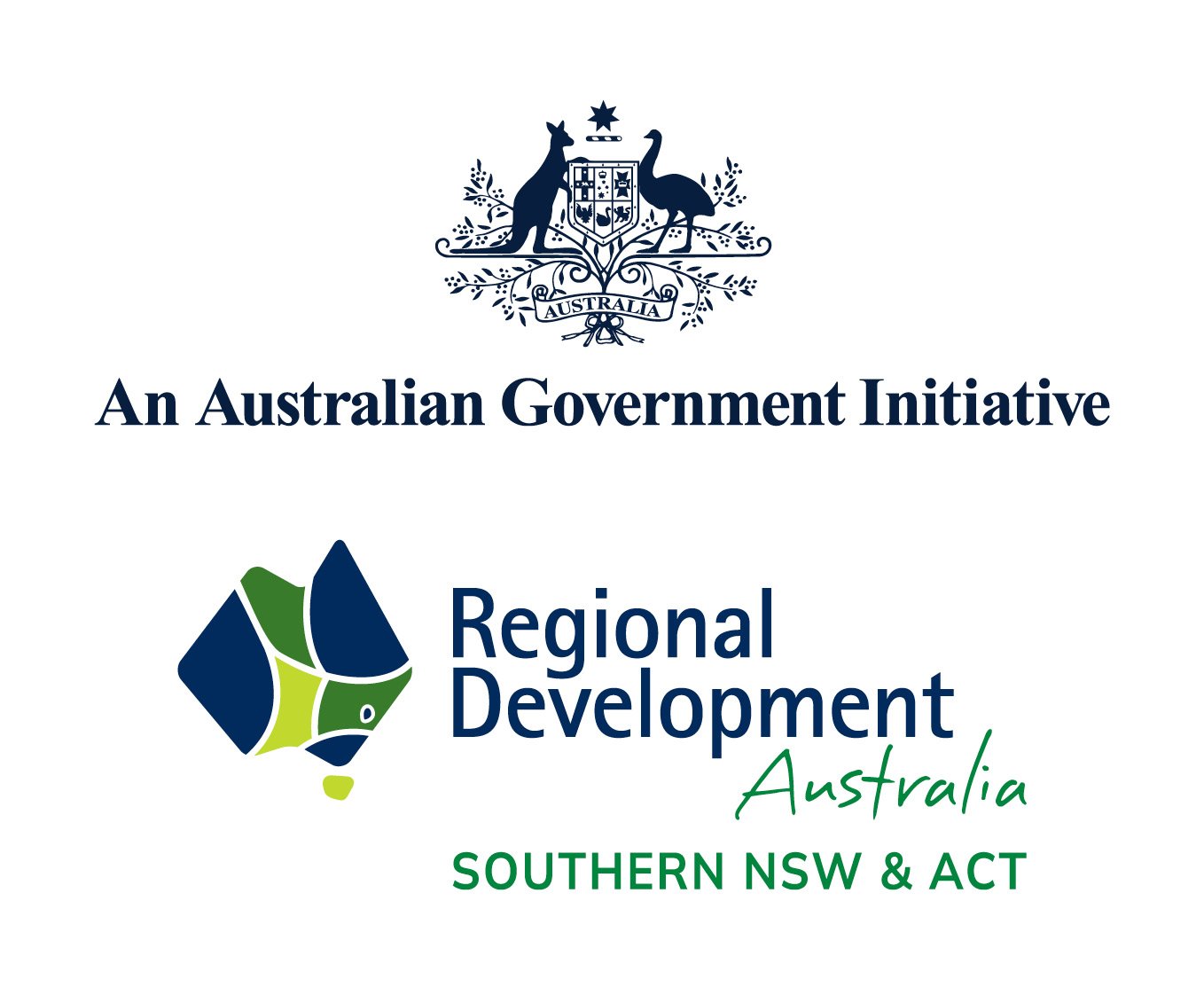Plan for another year of uncertainty, COSBOA says
The Small Business Commissioner spoke to Mark McKenzie, Chair of COSBOA, the peak body for small business organisations, about the outlook for 2021
How do you think 2021 is shaping up for small business compared with last year?
I think we face another year of unprecedented uncertainty, rather than normal uncertainty. By that I mean, in times of normal uncertainty we will always expect that, as small businesspeople, we might start a week where our customers don’t roll through the door, and that’s just the nature of doing business. But the idea that Public Health Orders might lock down communities to the point that small businesses are starved of customers for an eight or a 10-week period, that would have been unthinkable this time last year.
However, I think we’re all entering this year with our eyes more widely open, not just small businesses, but also the stakeholders around us: policymakers, regulators and the industry bodies that support them. We now understand the consequences of such lockdowns and we understand, potentially, what we can do to deal with them.
I think we’re likely to experience more localised lockdowns – that’s inevitable. But I’ve got fingers crossed that we won’t experience the need for another national lockdown.
So you think small business will be better able to handle the next 12 months?
Yes, but it does depend on what sector you’re in. If you’re in tourism, particularly those dependent on international tourism, you’re probably looking pretty pessimistically at the year ahead. Similarly, if you’re a service industry supporting the tertiary education sector, a lot of those ancillary services that are supporting universities are going to continue to be hit. But retail has emerged much stronger than I think all of us thought it would when we went into lockdown in March of last year. We’re seeing some good figures in terms of employment and we’ve got household savings at record levels, which will support the sector. We’re seeing people who can’t spend their money traveling overseas, spending it locally.
It also depends on where your business is. For some businesses located in the border regions, every time there’s a COVID lockdown, those businesses are impacted by travel restrictions and they lose trade. Businesses in those regions would have reason to be concerned about what the future might look like and are always looking over their shoulder at when the next lockdown might occur. Frankly, there’s been no rhyme or reason to border closures and we are highly critical of the way that most state and territory governments have responded.
The one shining light has been NSW – it has been confident in its genome sequencing and its contact tracing and has been willing to keep the borders open. If you’re a small business, this is probably the best state to be operating in at the moment, given the way that this government has developed the capability to be able to deal with localised outbreaks without locking down the entire community.
What else do you think small businesses should be focusing on this year? What else can they do to respond to the challenges?
I think a big issue is business planning. Many of us already plan for a sudden loss of power to our premises but we should also be saying, what do I do in the event that my business would have to be locked down for three to four weeks? What are the steps I need to take?
So that raises questions like, do I have sufficient cash flow? If I don’t, then I need to talk to my financial provider now about what I might be able to do to restructure. I also need to think about inventory practices, particularly those businesses with perishable inventory. It might not make sense to order stock for three or four months in this environment. You might need to cop a small additional cost and switch to monthly deliveries. In that way, you’re not holding a lot of perishable stock in the event that you are locked down.
Also, start to think about insurances. To what extent are you actually covered for lockdowns, are the insurance policies that you’ve got fit for purpose?
On a personal note, what lessons have you learned professionally in the past year?
What I’ve learned is the importance of feeding off the ideas, experiences and energy of those around you. I’ve learned the importance of my peer to peer networks. Often, if I was dealing with an issue or a concern affecting my business or my industry, there was a pretty good chance that there were others that were dealing with the same thing.
Early last year, COSBOA introduced a weekly roundtable where we got together the 39 organisations we represent for a two hour period to really just share experiences about where the problems were and jointly work on the solutions.
I think both government and business stakeholders have learned that there was an opportunity to work together differently and I’m personally quite humbled by what the groups that make up COSBOA have been able to achieve collectively.
And what that’s done for me is to really rekindle my faith in the human spirit. We’ve been through an incredible journey in Australia and I’m in a privileged position where I get to have those sorts of conversations and meet many small business owners that have reinvented themselves and are moving forward, despite the uncertainty. You really come away quite empowered.
Mark McKenzie is the Chair of COSBOA.
The article first appeared via https://www.smallbusiness.nsw.gov.au/news/plan-another-year-uncertainty-cosboa-says
February 2nd, 2021
